تحریمها بدون بمب هم میکشند: بهای انسانی جنگ اقتصادی
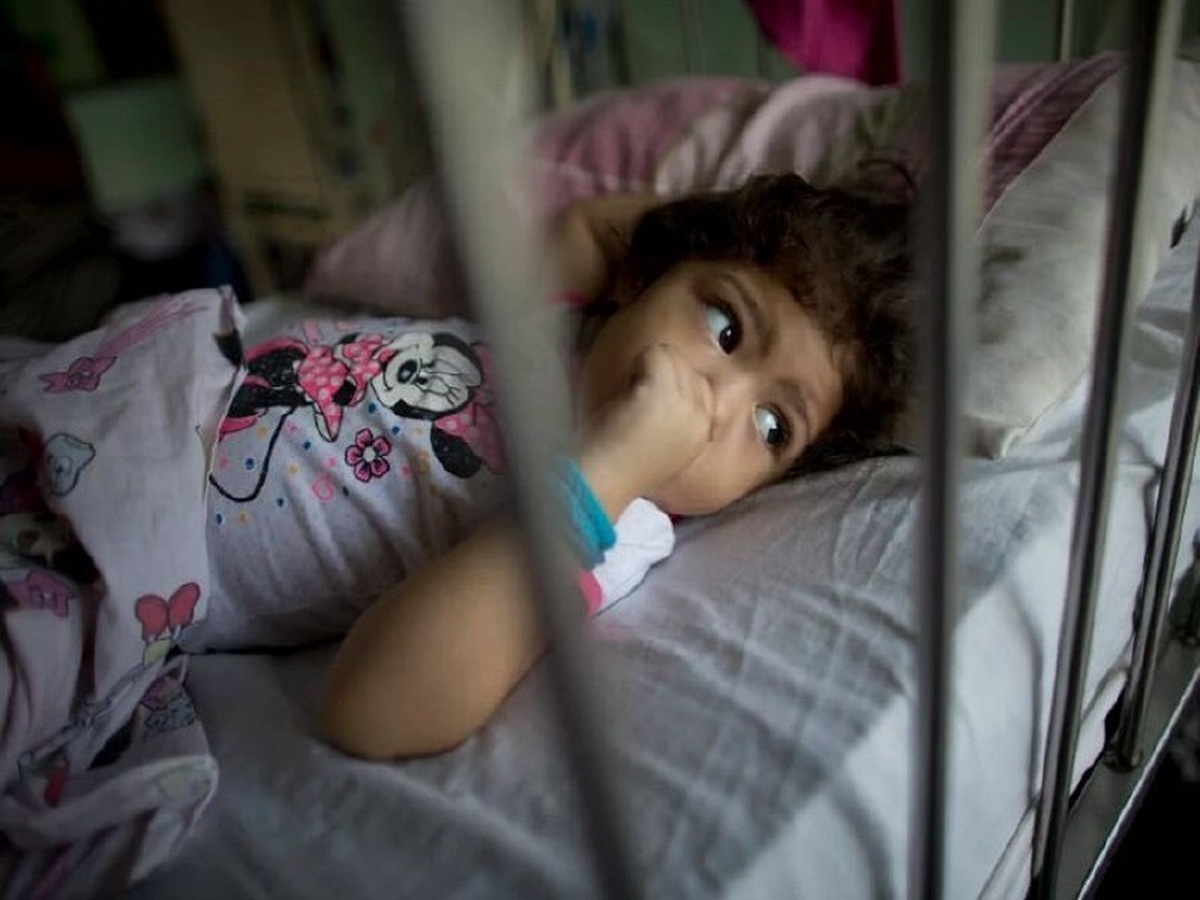
به گزارش بورس نیوز، اوایل سال ۲۰۲۳، پرستاری در بخش کودکان بیمارستانی در کاراکاس توضیح میداد که چگونه یک پسر ۹ ساله مبتلا به سرطان خون روزبهروز تحلیل میرود. داروهای شیمیدرمانیاش از قفسههای بیمارستان ناپدید شده بودند، و خانوادهاش نه پول داشتند و نه ویزا برای درمان در خارج از کشور. جایگزینهای بازار سیاه یا ناامن بودند یا بسیار گران. کودک جان باختنه به خاطر جنگ، بلکه به خاطر یک سیاست.
هیچ موشکی پرتاب نشد. هیچ سربازی حمله نکرد. اما در ویرانی خاموش زندگی روزمره زیر محاصره اقتصادی، کودکی از دست رفت.
از هاوانا تا خارطوم، از تهران تا دمشق، این داستانها استثنا نیستند. آنها نشانههای یک رویه جهانیاند که پشت زبان فنسالارانه پنهان میشود، اما با کارآمدی بیرحمانه آسیب میزند: تحریمهای اقتصادی. تحریمها زمانی بهعنوان جایگزینی انسانی برای جنگ معرفی میشدند، اما اکنون به سلاحهایی برای اخلال گسترده بدل شدهاند. آنها ارزها را فرو میریزند، داروها را مسدود میکنند، زیرساختها را فلج میسازند و فقر را عمیقتر میکنند. گرچه بهظاهر «هوشمند» و «هدفمند» هستند، اما اغلب بیماران، کودکان و فقرا را بیش از همه هدف قرار میدهند.
در ایران، تحریمهای مالی آمریکا واردات داروهای حیاتی را عملاً ناممکن کرده استحتی زمانی که روی کاغذ معافیتهای بشردوستانه وجود دارند. محدودیتهای بانکی و ترس از نقض دستورالعملهای OFAC (وزارت خزانهداری آمریکا) باعث شده شرکتها در سراسر جهان بیش از حد محتاط شوند. داروخانهها از انسولین و داروهای شیمیدرمانی خالی میشوند. دستگاههای دیالیز بدون قطعات یدکی از کار میافتند. طبق گزارش سال ۲۰۱۹ سازمان دیدبان حقوق بشر، بیماران سرطانی و مبتلایان به بیماریهای نادر در ایران به دلیل دسترسی محدود به داروهای ضروری با وخامت وضعیت سلامتی روبهرو شدهاند. در همین حال، ریال ایران از سال ۲۰۱۸ بیش از ۸۰ درصد ارزش خود را از دست داده و فقر و تورم را تشدید کرده است.
در ونزوئلا، گزارش سال ۲۰۲۱ گزارشگر ویژه سازمان ملل در مورد اقدامات قهری یکجانبه نشان داد که تحریمها ناامنی غذایی را وخیمتر کرده، نظام سلامت را مختل نموده و به مهاجرت گسترده دامن زده است. زیان درآمد عمومی این کشور از سال ۲۰۱۷ به بعد بیش از ۱۷ میلیارد دلار در سال برآورد شده است. در زیمبابوه، دو دهه تحریم به افول اقتصادی و فرار سرمایه دامن زده، بیآنکه اصلاحات سیاسی معناداری به همراه داشته باشد. اتحادیه آفریقا در گزارشی در سال ۲۰۲۲ خواستار لغو تحریمها شد و آنها را مانع توسعه پایدار دانست.
با وجود ادعاهای مربوط به «معافیتهای بشردوستانه»، در عمل رژیمهای تحریمی اغلب زنجیرههای تأمین را خفه میکنند. بازیگران بشردوستانه، بانکها و بیمهگران از ترس جریمه حتی از معاملات مجاز نیز اجتناب میورزند. گزارشگر ویژه سازمان ملل در سال ۲۰۲۰ هشدار داد که این اثر بازدارنده، معافیتهای قانونی را به «تشریفاتی پوچ» تبدیل میکند. نتیجه این است: بیمارستانهای بیدارو، دانشگاههای بینرمافزار پژوهشی، و دانشجویانی که از دسترسی به پلتفرمهای آموزشی جهانی محروم میشوند. در ایران و سوریه، همکاری علمی تقریباً غیرممکن شده است. محدودیتهای صادراتی آمریکا دسترسی به ابزارهای آنلاین، رایانش ابری و حتی پلتفرمهایی مانند زوم را مسدود کرده است.
تحریمها در سکوت میکشند. نه ساختمانهای ویرانشده وجود دارد، نه روستاهای سوخته، نه تصاویر خط مقدم برای تلویزیون. اما آمار مرگومیر نوزادان افزایش مییابد، اتاقهای عمل خالی میمانند و خانوادهها کیلومترها برای سوخت پیاده میروند. این جنگی است که با صفحهگستردهها پیش برده میشودمدیریتشده از طریق فایلهای اکسل و گزارشهای انطباق. هیچ سیاستمداری بهایی برای اعمال آن نمیپردازد. اما قربانیانش عمرهای کوتاهتر و آیندههای ویرانشده دارند.
با این حال، چشمانداز در حال تغییر است. کشورها در سراسر جهان جنوب مقاومتر میشوند. از بریکس تا سازمان همکاری شانگهای، بسترهای جدیدی در حال ظهورند که به دنبال استقلال از نظامهای تحت سلطه غرب هستند. مبادلههای ارزی، نظامهای پرداخت منطقهای و تلاشها برای دلارزدایی در حال گسترشاند. اینها صرفاً تغییرات فنی نیستند، بلکه اعلامیههای سیاسیاند. همانطور که یک دیپلمات آفریقایی در نشست بریکس+ در سال ۲۰۲۴ گفت: «اگر میتوانید انسولین کودکان ما را تحریم کنید، نمیتوانید رهبر نظم اخلاقی باشید.»
البته روشن است که هیچکدام از اینها سوءمدیریت یا سرکوب در کشورهای تحت تحریم را توجیه نمیکند. اما تحریمها بهندرت نخبگان حاکم را تحت تأثیر قرار میدهند. در عوض، این مردم عادی هستند که رنج میبرند؛ کسانی که هیچ نقشی در تصمیمات دولتهایشان نداشتهاند. نهادهایی مانند صندوق بینالمللی پول، FATF و حتی برخی نهادهای سازمان ملل در اجرای این رژیمهای تنبیهی درگیر شدهاند، اغلب با ادعای بیطرفی. این همدستی ساختاری، اعتبار نظام حکمرانی جهانی را تضعیف میکند.
در جهانی که مدعی ارزشگذاری بر حقوق بشر است، باید با بهای انسانی اجبار اقتصادی روبهرو شویم. مداخله نظامی بهدرستی زیر ذرهبین میرود. تحریمها نیز شایسته همان دقت اخلاقی و حقوقی هستند. زیرا فرقی نمیکند کودکی بر اثر اصابت موشک بمیرد یا به دلیل کمبود دارو؛ نتیجه یکی است؛ و مسئولیت باید پذیرفته شود.
Sanctions Without Bombs Still Kill: The Human Toll of Economic Warfare
In early ۲۰۲۳, a nurse in a pediatric ward in Caracas described how a nine-year-old leukemia patient was wasting away. His chemotherapy drugs had vanished from hospital shelves, while his family had neither the money nor the visas to seek treatment abroad. Black-market alternatives were either unsafe or unaffordable. The child died not because of war, but because of policy.
No missiles were launched. No soldiers invaded. But in the quiet devastation of daily life under economic siege, a child was lost.
From Havana to Khartoum, from Tehran to Damascus, these stories are not outliers. They are symptoms of a global practice that hides behind technocratic language but delivers harm with brutal efficiency: economic sanctions. Once marketed as a humane alternative to war, sanctions have become weapons of mass disruption. They collapse currencies, block medicines, cripple infrastructures, and deepen poverty. Though supposedly “smart” and “targeted,” they often hit the sick, the young, and the poor the hardest.
In Iran, U.S. financial sanctions have made it virtually impossible to import life-saving medications even when humanitarian exemptions exist on paper. Banking restrictions and the fear of violating OFAC (U.S. Treasury) guidelines have led to widespread overcompliance by firms around the world. Pharmacies run out of insulin and chemotherapy drugs. Dialysis machines break down without spare parts. According to a ۲۰۱۹ report by Human Rights Watch, Iranian cancer and rare-disease patients suffered worsening outcomes due to restricted access to essential medicine. The Iranian rial, meanwhile, has lost more than ۸۰% of its value since ۲۰۱۸, exacerbating poverty and inflation.
In Venezuela, a ۲۰۲۱ report by the UN Special Rapporteur on Unilateral Coercive Measures noted that sanctions have worsened food insecurity, disrupted the healthcare system, and contributed to large-scale migration. The country’s public revenue loss has been estimated at more than $۱۷ billion per year since ۲۰۱۷. In Zimbabwe, two decades of sanctions have compounded economic decline and capital flight, without compelling meaningful political reform. A ۲۰۲۲ African Union report called for the lifting of sanctions, labeling them an impediment to sustainable development.
Despite claims of “humanitarian carve-outs,” in practice, sanctions regimes often suffocate supply chains. Humanitarian actors, banks, and insurers fearing penalties shun even permitted transactions. The UN Special Rapporteur warned in ۲۰۲۰ that this chilling effect turns legal exemptions into “empty formalities. ” The result: hospitals without antibiotics, universities without research software, students locked out of global education platforms. In Iran and Syria, academic collaboration has become nearly impossible. U.S. export restrictions block access to online tools, cloud computing, and even platforms like Zoom.
Sanctions kill quietly. There are no bombed-out buildings, no burned villages, no frontline images for television. But there are infant mortality spikes, empty operating rooms, and families walking miles for fuel. This is war by spreadsheet administered through Excel sheets and compliance reports. No politician pays a price for imposing it. But those on the receiving end pay with shortened lives and broken futures.
Yet the landscape is shifting. Countries across the Global South are growing resistant. From BRICS to the Shanghai Cooperation Organization, new platforms are emerging that seek autonomy from Western-dominated systems. Currency swaps, regional payment systems, and de-dollarization efforts are gaining momentum. These aren’t just technical changes they are political declarations. As one African diplomat put it at a ۲۰۲۴ BRICS+ forum: “If you can sanction our children’s insulin, you cannot lead the moral order. ”
To be clear, none of this exonerates misrule or repression within sanctioned states. But sanctions rarely impact ruling elites. Instead, they hurt civilians who had no vote in their government’s decisions. Institutions such as the IMF, FATF, and even some UN bodies have become entangled in enforcing these punitive regimes, often under the guise of neutrality. This structural complicity undermines the credibility of global governance itself.
In a world that claims to value human rights, we must confront the human cost of economic coercion. Military intervention is rightly scrutinized. Sanctions deserve the same moral and legal rigor. Because whether a child dies from a missile or from a medicine shortage, the outcome is the same. And the responsibility must be owned.
پیمان صالحی_کارشناس ارشد فلسفه سیاسی غرب
بازنشر: تهران تایمز

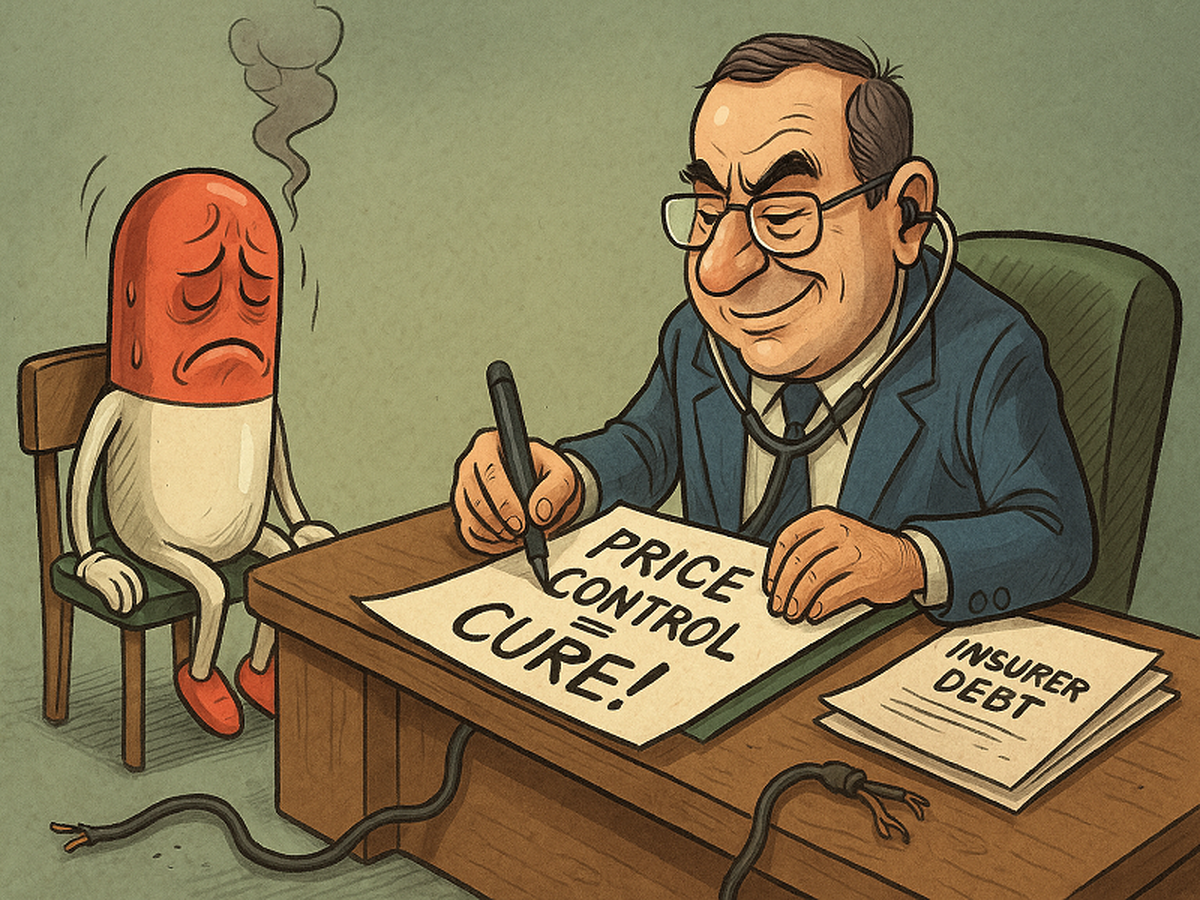



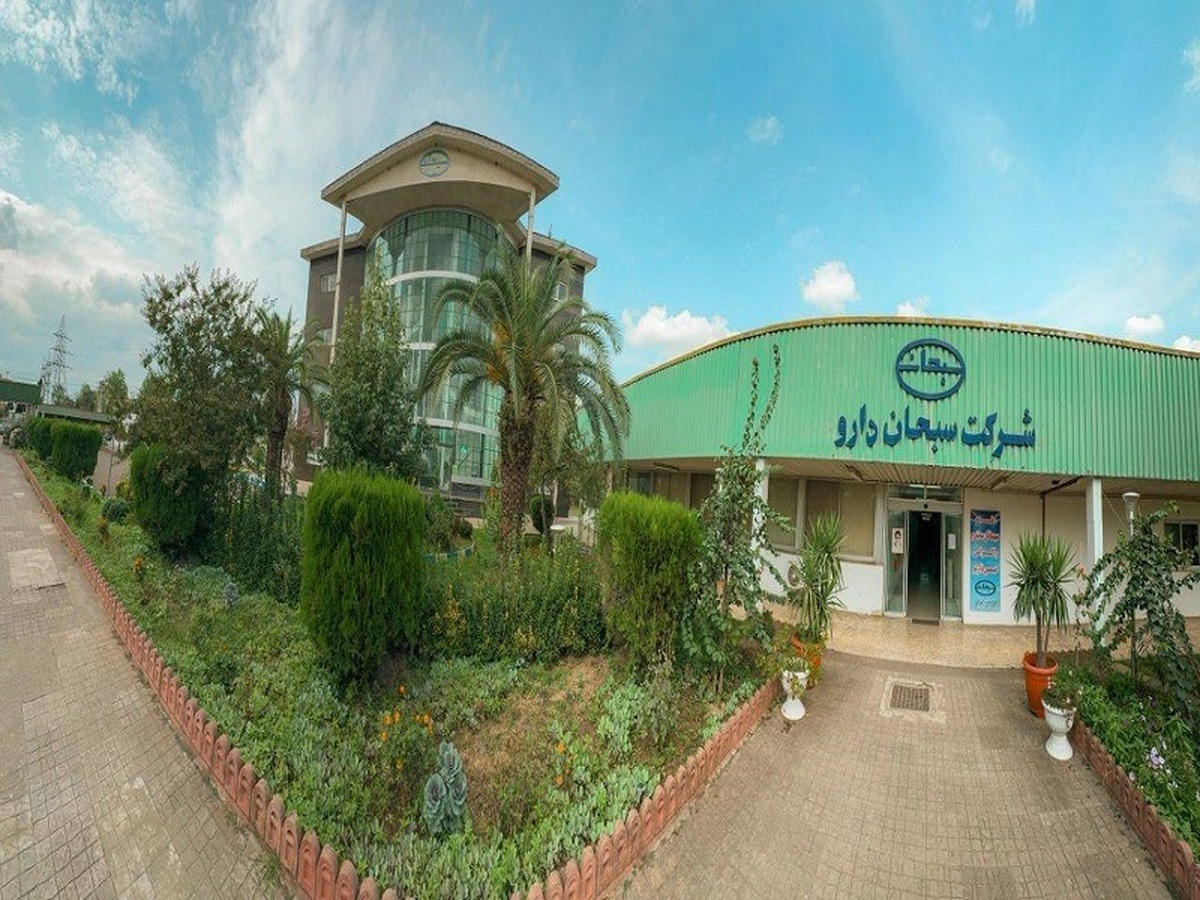
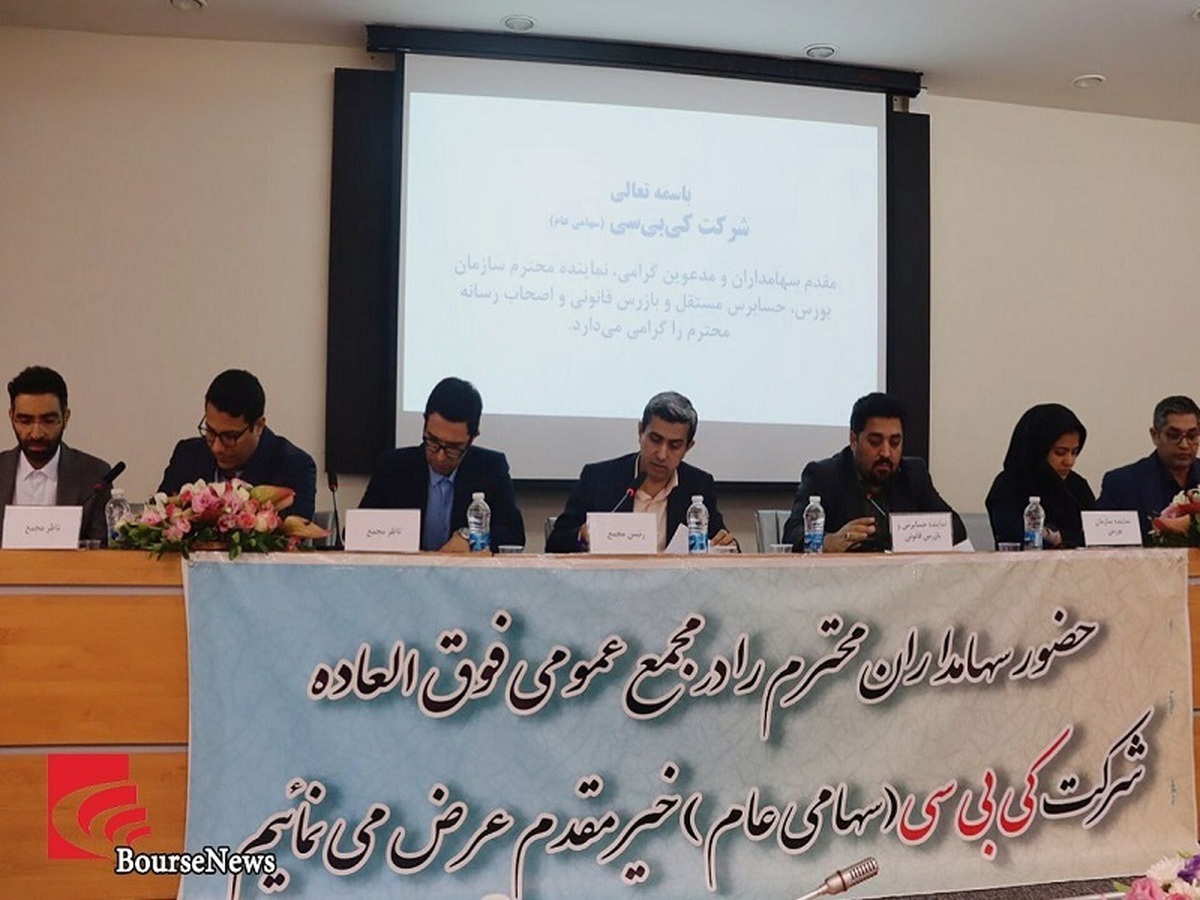
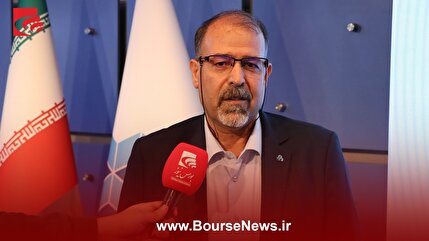

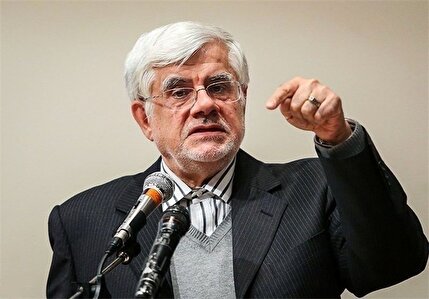
روباه مکار با گربه نره
پینوکیورو گول زدن
گفتن سکه هاتو بکار بذار تا سال بعد کلی سکه دربیاری
الان وضعیت ماست
سکه هامونو تو زمین بورس کاشتیم
و الان ما شدیم پینوکیوی بدون سکه
من الان حال پینوکیو رو درک می کنم
خدا لعنت کنه روباه مکار و گربه نره قصه مارو
سرمایه گزاری سایپا سال 99 خریدم 2600 تومن الان 300 تومنه...
روباه مکار با گربه نره
پینوکیورو گول زدن
گفتن سکه هاتو بکار بذار تا سال بعد کلی سکه دربیاری
الان وضعیت ماست
سکه هامونو تو زمین بورس کاشتیم
و الان ما شدیم پینوکیوی بدون سکه
من الان حال پینوکیو رو درک می کنم
خدا لعنت کنه روباه مکار و گربه نره قصه مارو
سرمایه گزاری سایپا سال 99 خریدم 2600 تومن الان 300 تومنه.